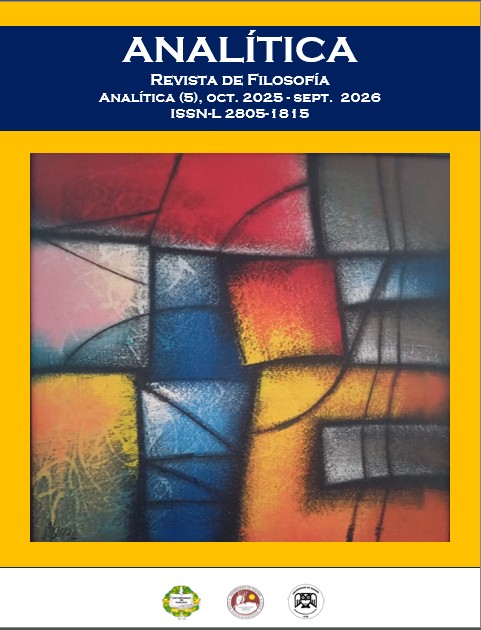

Copyright (c) 2025 Analítica

This work is licensed under a Creative Commons Attribution-NonCommercial-ShareAlike 4.0 International License.
This article examines the intersection of philosophical ethics and civil engineering in Panama, focusing on sustainability and risks in current infrastructure projects. Drawing on ethical frameworks such as utilitarianism, deontology, and virtue ethics, it reflects on how these principles guide decision-making in urban and environmental development contexts. Key projects analyzed include the Panama Metro Line 3, the Panama-David Train, and Puerto Barú, highlighting challenges like corruption, seismic risks, floods, and opportunities for integral sustainability. The objective is to underscore the need for ethical practices that prioritize long-term social and environmental welfare. Main achievements include identifying corruption as a major amplifier of natural risks and proposing recommendations for transparent, resilient engineering. Conclusions emphasize integrating philosophical ethics to foster inclusive development in Panama, learning from historical lessons like the French Panama Canal failure.